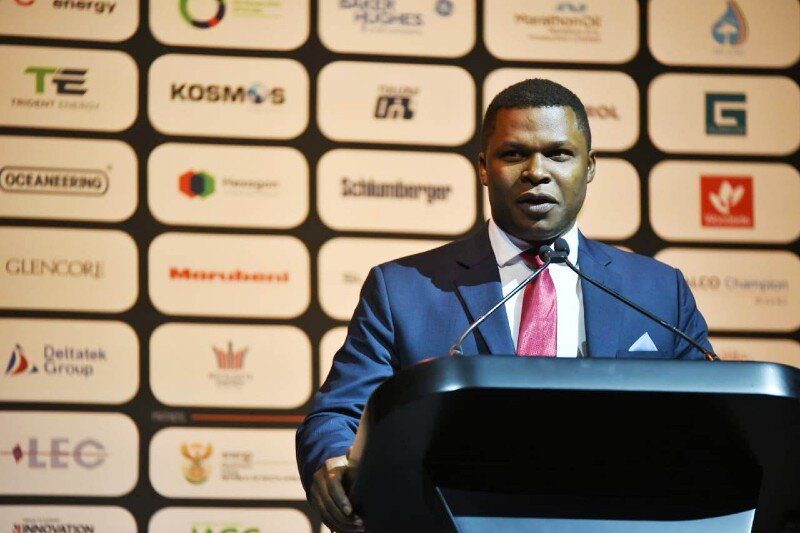Executive Chairman of the African Energy Chamber, NJ Ayuk, has said that delayed regulatory approvals and acreage licenses could be a serious setback for the petroleum industry.
His comments were made in the context of a need for more investment in exploration and production (E&P) by international oil companies (IOCs) and how governments can better facilitate this.“While the details vary by country, the licensing round process has, in general, become too prone to delays and uncertainty. All too often, exploration and production (E&P) companies have to wait one or two years before the exploration projects they propose are sanctioned,” the Chairman wrote in an Op-Ed.
Ayuk noted that the global oil and gas industry continues to feel the negative impacts of the drastic lowering of demand for petroleum products since the Covid-19 pandemic. He believes this has resulted in dramatic cuts to IOCs’ capital spending programmes, and the postponement or cancellation of numerous projects.
Ayuk said unacceptable hardships can be created for IOCs when governments take too long to award acreages, or when they take one to two years to notify a company whether an exploration project has received the greenlight. He said it is not realistic for a company today to put aside much needed resources on the chance that they will be needed in a year or two.
He highlighted the case of Algeria where production rates declined, even before the pandemic, due to repeated project delays caused by slow government approval, among other things. Much to Algeria’s disappointment, there was minimal investor interest for four licensing rounds.
Ayuk explained that mishaps, postponements and/or cancellations have occurred in recent years in Nigeria, Ghana, Gabon, and Madagascar. Outside of Africa, he pointed to unsavory experiences of Lebanon and Brazil.
The Chamber Chairman said companies need to be able to make a reasonable profit to justify their outlays. He argued that African nations should work with companies to help them profit, so they would choose African sites over others. His suggestion is for nations to transition from licensing rounds to direct negotiations with IOCs for efficiency and flexibility.
Delays have also occurred in the Caribbean. Guyana, Barbados, and Trinidad & Tobago are all looking to pursue bid rounds. Guyana’s auction was originally meant to launch in the third quarter of 2022 but was held up as the government contemplated the right balance of fiscal and other terms for its new model production sharing agreement (PSA). The auction was eventually launched in December. The government has set April 2023 as the closing for the submission of bids and May for the award of contracts.
Trinidad concluded a deepwater bid round in June, which it had hoped would offer an opportunity to replenish shrinking gas reserves. Only four of 17 blocks received interest from a consortium of BP and BG/Shell. The government had said successful bids would be announced three months following the close of bidding, but that is still pending . Minister of Energy and Energy Industries, Stuart Young said in November that evaluation had concluded, and a decision would come “soon”.
Barbados has delayed the launch of its first licensing round multiple times. The government hopes companies will find commercially exploitable petroleum deposits offshore to provide a financial lifeline for adaptation and mitigation efforts in the wake of changing climate. The auction is now set for the first quarter of 2023.



